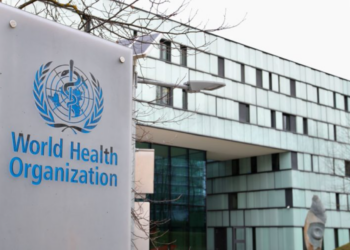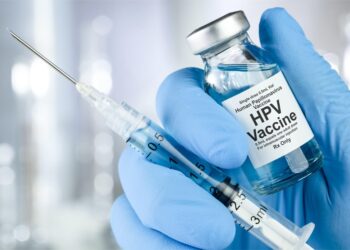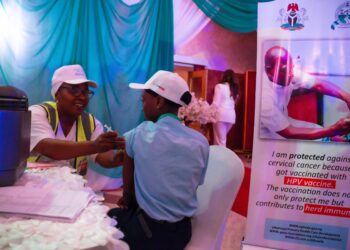The National Primary Health Care Development Agency (NPHCDA) has announced the successful vaccination of over 4.7 million girls in the first phase of the Human Papillomavirus (HPV) vaccine rollout.
Dr. Muyi Aina, the Executive Director of NPHCDA, disclosed this during the fourth quarter 2023 review meeting of the Northern Traditional Leaders Committee on Primary Health Care (PHC) delivery.
Dr Aina expressed gratitude for the support in overcoming resistance from anti-vaccine campaigners.
He acknowledged the instrumental role played by traditional leaders in disseminating accurate information to parents, guardians, and adolescents, ensuring the success of the vaccination campaign.
What He Said
Dr Aina revealed that 4.7 million adolescent girls across 14 states and the Federal Capital Territory in Phase 1 of the rollout received the vaccine.
- “As of last week, about 4.7 million of our adolescent girls across the 14 states and the FCT in Phase 1 of the rollout, have received the vaccine offering them protection against future risk of cervical cancer.”
- “There was an initial strong pushback by anti-vaccine campaigners, but with your help, we were able to get accurate information across to our parents, guardians and adolescents.”
- While addressing the challenges in the nation’s primary healthcare delivery system, Dr. Aina highlighted opportunities for innovation and transformation. He emphasized the commitment to fostering a culture of health, resilience, and community empowerment.
What you should know
The Executive Director outlined the vision for NPHCDA, rooted in inclusivity, partnership, and innovation. He pledged to work closely with traditional leaders, religious leaders, and community gatekeepers to enhance equity, access, and quality of PHC services.
- From the first quarter of the new year, NPHCDA plans to collaborate with traditional leaders and health stakeholders to expand the number of fully functional Primary Health Care Centers (PHCs).
- Dr Aina highlighted the focus on ensuring infrastructure, staffing, commodities, and tools for effective service delivery in PHCs.
- He also emphasized the need to strengthen PHCs’ ability to detect and respond to disease outbreaks promptly.
- In addition to addressing current priorities such as Polio and Diphtheria, NPHCDA aims to engage citizens through PHC satisfaction and people’s voice surveys, identifying and eliminating barriers that limit access to services.
Acknowledging the crucial role of states in the healthcare landscape, Dr. Aina expressed readiness for strong collaboration with state-level primary healthcare institutions, providers, and colleagues.
He encouraged open and transparent dialogue during discussions, expressing a commitment to learn from experiences and engage in productive collaboration with traditional leaders.
Looking ahead, the Executive Director expressed anticipation for fruitful engagements during state visits in the new year, underscoring the importance of continuous collaboration to achieve equitable access to quality PHC services.
























